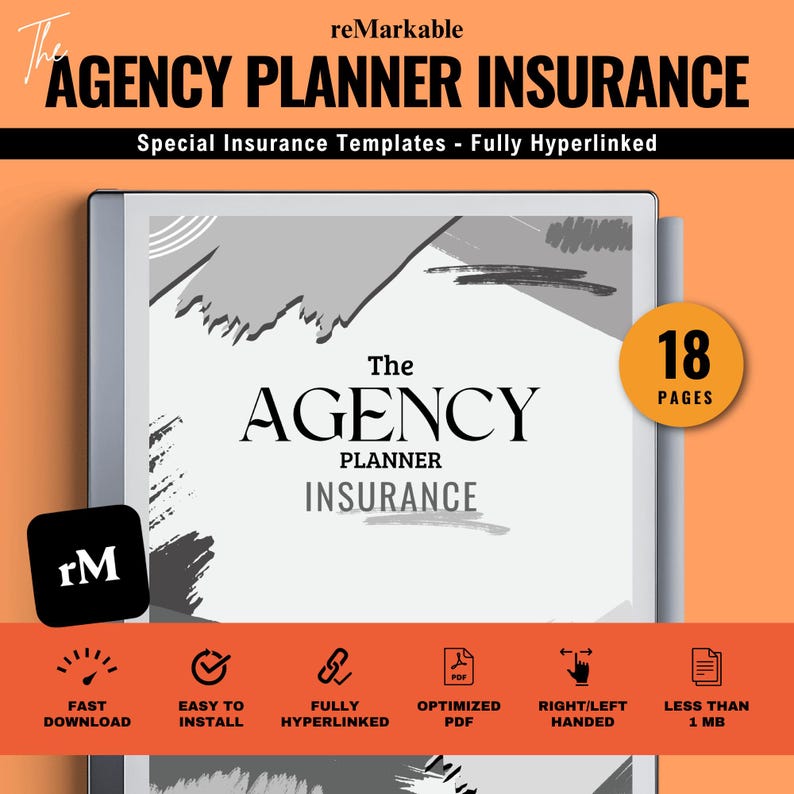Renting out your RV can be an exciting way to share your love for the open road while generating extra income. However, before you hand over the keys to your prized home-on-wheels, it’s crucial to understand the essential insurance requirements that protect both you and your renters. Navigating the world of RV insurance might seem daunting at first, but having the right coverage in place can ensure peace of mind and safeguard your investment against unexpected mishaps. In this article, we’ll break down the key insurance considerations every RV owner should know before renting out their vehicle, helping you hit the road with confidence and security.
Table of Contents
- Understanding Liability Coverage and Its Importance for RV Owners
- Comprehensive and Collision Insurance Recommendations for Protecting Your Investment
- Evaluating Additional Coverage Options to Safeguard Against Common Rental Risks
- Tips for Choosing the Right Insurance Provider for Your RV Rental Business
- Wrapping Up
Understanding Liability Coverage and Its Importance for RV Owners
When renting out your RV, having robust liability coverage is essential to protect yourself from financial risks. Liability insurance covers damages or injuries caused to third parties during the rental period, ensuring that you are not personally responsible for costly medical bills, property repairs, or legal fees. Without adequate coverage, an accident involving your RV could lead to devastating out-of-pocket expenses, potentially exceeding the value of the vehicle itself. This safeguard acts as a financial shield, allowing you to rent with confidence while maintaining peace of mind.
Key benefits of liability coverage for RV owners include:
- Protection against lawsuits: Covers legal defense costs if you’re sued following an accident.
- Coverage for bodily injury: Pays for medical expenses for other parties injured in a collision.
- Property damage compensation: Helps repair or replace other vehicles or property damaged by your rental.
- Compliance with legal requirements: Meets minimum state insurance mandates, avoiding penalties.
Comprehensive and Collision Insurance Recommendations for Protecting Your Investment
When it comes to safeguarding your RV rental business, opting for comprehensive and collision coverage is a strategic choice that minimizes financial exposure and ensures peace of mind. Comprehensive insurance protects against non-collision-related damages such as theft, vandalism, natural disasters, or falling debris—risks often overlooked by casual renters. Meanwhile, collision coverage addresses repair or replacement costs resulting from accidents on the road, no matter who is at fault. Together, these coverages form a robust safety net that preserves your investment and keeps your RV rental operations running smoothly.
To maximize protection, consider the following points when selecting your policies:
- Coverage Limits: Ensure limits match the full value of your RV to avoid underinsurance in case of a total loss.
- Deductibles: Choose deductibles that balance affordable premiums with manageable out-of-pocket expenses during claims.
- Rental Usage Endorsements: Confirm the policy explicitly covers rental activity, as personal use policies often exclude this.
- Additional Protections: Explore options like roadside assistance and loss-of-use coverage to support renters and protect your revenue stream.
Evaluating Additional Coverage Options to Safeguard Against Common Rental Risks
When renting out your RV, basic insurance may not fully protect you from the diverse risks associated with vehicle rental. Exploring additional coverage options can provide a robust safety net against potential financial burdens arising from accidents, theft, or damage caused by renters. Consider policies tailored specifically for rental scenarios, such as collision damage waivers that limit your liability for physical damage, or personal injury protection to cover medical expenses if a renter is hurt. These layers of protection help ensure your investment remains secure no matter what unexpected situations arise.
Beyond vehicle damage, there are other critical risks worth addressing. Liability coverage enhancements, for example, can shield you from claims related to third-party property damage or bodily injury during the rental period. Additionally, comprehensive coverage extensions may include protection against theft, vandalism, or natural disasters while the RV is out on the road. Here’s a quick checklist of key add-ons to consider:
- Roadside assistance plans to assist renters in emergencies
- Gap insurance to cover depreciation differences
- Uninsured motorist protection to guard against accidents involving uninsured drivers
- Renters’ liability insurance to manage risks related to renter negligence
These options collectively reinforce your insurance portfolio, enabling you to rent your RV with greater confidence and peace of mind.
Tips for Choosing the Right Insurance Provider for Your RV Rental Business
Finding the perfect insurance provider for your RV rental business requires a careful blend of thorough research and strategic questioning. Start by evaluating their specialization—choose companies with a proven track record in recreational vehicle insurance rather than general auto coverage. These providers understand the unique risks associated with RVs, such as extended travel distances, diverse weather exposure, and higher repair costs. Additionally, look for providers that offer customizable policies tailored specifically for rental businesses, including liability protection, physical damage coverage, and loss of use benefits. This flexibility is essential to protect your investment and ensure operational continuity.
Transparency and reputation should be non-negotiable criteria during your selection process. Seek providers who offer clear policy terms without hidden exclusions or confusing fine print. Reading through customer reviews and testimonials can give invaluable insight into their claim handling process and customer service quality. Moreover, having a provider with a responsive and knowledgeable claims team can make all the difference during critical moments. Finally, compare quotes but weigh them against coverage scope rather than just price — the cheapest option might leave you exposed to significant gaps in protection.
- Specialized RV insurance expertise
- Customizable rental business policies
- Transparent and straightforward terms
- Positive reputation and customer feedback
- Responsive claims support
- Balanced price versus coverage
Wrapping Up
Navigating the world of RV rentals can be exciting, but ensuring you have the right insurance coverage is crucial to protect both your investment and your peace of mind. By understanding the essential insurance requirements and working with reputable providers, you can confidently rent out your RV without unexpected risks. Remember, the right insurance not only safeguards your vehicle but also builds trust with renters, helping you create a smooth and successful rental experience. Ready to hit the road? Make sure your insurance is as prepared as you are.






